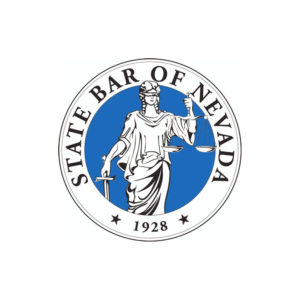Heart Attacks in Public Places
Heart attacks are serious life-changing events that can occur at any time and any place. In fact, it is very likely that if you face a heart attack, it is likely to be in a public place, away from medical professionals and hospital-grade devices. Thankfully, states have recognized this unfortunate dilemma, leading to the widespread adoption of Public Access Defibrillation (PAD).
However, these life-saving programs are useless if not properly followed. It is critical to know exactly what PAD is, the laws surrounding them, and the consequences businesses face when they fail to adhere to them so that you can be fully prepared in case you have a public cardiac event.
Dangers of Public Heart Attacks
According to the CDC, there are about “356,000 out-of-hospital cardiac arrests (OHCAs)” every year. Out of all those cardiac arrests, “n estimated 70% to 90%…die before reaching the hospital.” This is a tragic and sobering figure.
Although CPR and external defibrillators “can dramatically raise survival rates,” they are used in less than 11% of the cases. This is where PAD comes in.
For a free legal consultation, call (725) 900-9000
PAD: What Is It?
Public Access Defibrillation is essentially a catch-all-term for the different state-level programs aimed at combating public heart attacks, aka OHCAs. These include the proliferation of external defibrillators and the required teaching of life-saving skills. Since 2010, all states and the District of Columbia have enacted laws related to PAD, including but not limited to external defibrillators and mandated teachings.
Unfortunately, there is no uniform guidance in the kinds of laws that are required for Public Access Defibrillation. The closest thing to uniformity is a general consensus of increasing the public awareness of external defibrillators, CPR, and other medical preparations.
PAD: The Current Legal Landscape
As mentioned earlier, there is no uniform law or guidance dictating what states must do for PAD. However, every state does have at least one law related to it. In Nevada (along with 47 other states), there is a law that requires maintenance of automatic external defibrillators (AEDs), that are located in airports, high schools, and state-owned or -occupied facilities. There are also some states like Colorado that provide grants for providers who teach high schoolers on how to use AEDs.
In addition to providing training, resources, and coordination guidelines, forty-eight states have some form of limited liability for those who use AEDs in life-saving circumstances.
Click to contact our personal injury lawyers today
PADs & You
Now that we have a better understanding of heart attacks in public places, you might be wondering how these rules and regulations affect you. As with most legal questions, the answer is that it depends.
If you are the unfortunate victim of an OHCA, depending on the state, the business you are in must carry some form of AED. If the premises do not carry an AED and it is mandated by state law, then a lawsuit may be appropriate. If a loved one passes away due to the negligence of the premises, then there are even more potential claims to bring.
Even if there is an AED, if it is improperly maintained, or if there are improperly trained employees, again a lawsuit may be appropriate. However, it is important to remember that many states have protections in place for employees who are trained to use the AED. There may also be some protection for the premises.
This is important to remember if you find yourself on the other end of an AED. Whether you are an innocent bystander or the business itself, you may have protections in place in case the victim unfortunately dies.
If you are a business, it is important to keep up to date with all relevant statutes. If AEDs are required and they are not installed, it can lead to damages beyond those to the victim. If statutes require maintenance, it is important you complete those in a timely fashion. As a business you owe a high duty to your customers, which is exactly why it is important to be prepared for anything.
Heart attacks are serious medical events that can take place in public. Depending on the state laws, a public-facing business may be required to have AEDs or other life-saving plans in place. As a business owner, it is important to keep apprised of all required regulations. As a customer, it is important to know your rights and to know what to do when those rights are violated.
No obligation consultations are always free.
Let Us Help You! Call Now: (725) 900-9000


